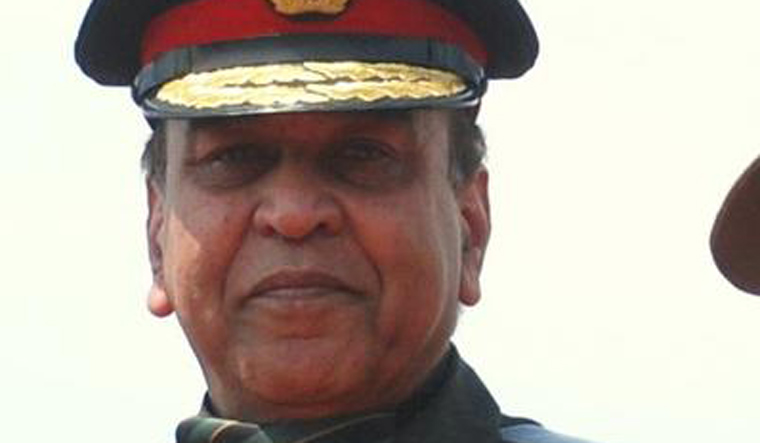Infiltration is no longer the narrative of militancy in Kashmir; it is the mushrooming of local militants that is worrying the security establishment. “Three or four days after a well attended funeral of a local terrorist, ten new terrorists are created. And this figure is not a piece of my imagination,” said Lt Gen (retd) Syed Ata Hasnain, a former General Officer Commanding (GOC) of a Corps in the Kashmir Valley.
The decorated officer, now involved with a few prominent think tanks, had expounded what he called the theory of the power of soft power. Simply put, he said conflict was not a static process, but a dynamic one . “You can't think that the conflict of 1989 is the same as the one in 2011. You can't use the same methods that you used in 1989, 90 and 91, in 2010 and 2011. You have to change. If you were using 80 per cent hard power in 89, and no soft power at all, perhaps today is the time when you need to use 10 to 20 per cent hard power and the rest of it has to be soft. You have to go to the population, get to them, make them understand, and you have to use your narratives.”
At a book launch in the national capital on Thursday, he lamented that in India, everyone thinks that the Army will finish the militancy first, and then “everyone will jump in to bring peace”. That is not possible, he maintained, describing the ongoing conflict as a hybrid one where everyone has to come together to work towards the larger cause of finding peace.
“It is not just all of government approach, it is all of people approach; every person has to be involved in it. Unfortunately, that is not happening in India. You have left it to the Army saying you resolve it. So the Army resolved it the best way that it can understand, and that understanding is limited.” said the man who has donned the olive greens and overseen many operations in the Valley.
He said the only issue he has is the Army has not been able to explain, and to bring at the higher level a common narrative that these conflicts are different.
While this kind of a war against militants can carry on, a counter narrative that sinks into the people is essential to end it, he noted. “We just think and imagine that something will happen, we think that we will speak in Delhi and something will happen there. It does not happen. You have to create the network, you have to create the situation, that is how it is.”
The retired GOC also ruled out the possibility of fighting local militants to an exhaustion. “The problem here is that everyone thinks it is an attritional approach and will be taken to its exhaustion. You can kill 400 terrorists in a year, and you will have a 1,000 more. So attrition will never achieve anything. Ultimately it is the narrative which everyone has to understand, and I think that understanding is coming now.”, he said on an optimistic note.
But that apart, he left the audience with the message that in these kinds of conflicts, there is no victor. “And unfortunately the whole world keeps talking about the victors. We have won this conflict, we have won this war”, he said, noting how there had once been a media suggestion that the Army should withdraw from the hinterland of Kashmir and “give the victory dividend to the people.”
Victory dividend, as he saw it, was a horrendous word. “You don't win against your own people. All of you are losers if you keep fighting and all of you are winners the day you make peace.” he said on a very emotive note.


